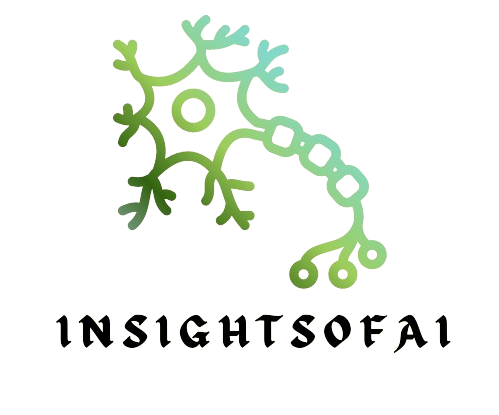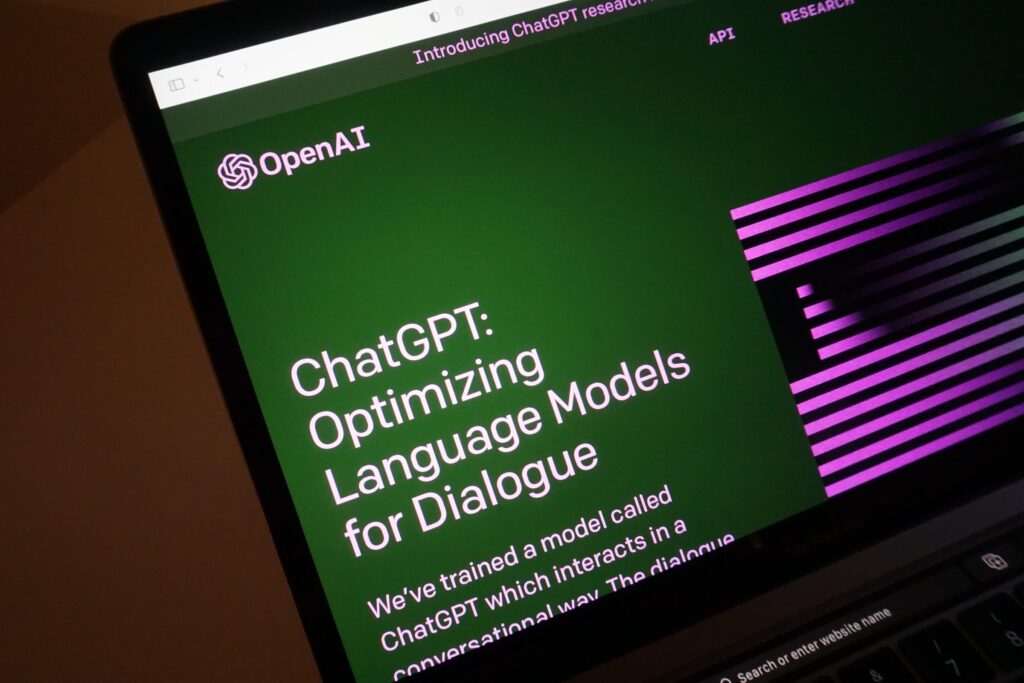1) Introduction
The realm of artificial intelligence has been evolving at a breakneck pace, and one of the most groundbreaking developments in this field is the advent of ChatGPT-4, or as it is informally known, ChatGPT-4V. This iteration of the AI model developed by OpenAI is turning heads not just for its enhanced linguistic capabilities but also for its vision, a feature that is set to revolutionize how we interact with technology.
2) Overview of ChatGPT-4
ChatGPT-4, the successor to the widely acclaimed ChatGPT-3, is a language model that can understand and generate human-like text. It’s a marvel of modern AI technology, designed to simulate human conversation in a way that feels natural and intuitive.
3) The Vision of ChatGPT-4
The vision of ChatGPT-4 goes beyond text. It’s about integrating visual data, making AI not just about words but also about the world it sees.
A. Enhanced Language Abilities
First, let’s touch on its enhanced language abilities. ChatGPT-4V can understand context and nuances in language better than any of its predecessors, making conversations with it more fluid and natural.
B. Multimodal Capabilities
But the real game-changer is its multimodal capabilities, which allow it to process and understand not just text but images as well. This brings us to the core features of ChatGPT-4V.
4) Core Features of ChatGPT-4V
ChatGPT-4V isn’t just a language model; it’s a vision model too. Let’s delve into what that means.
A. Image Recognition
ChatGPT-4V can recognize images, interpret their content, and understand their context in a conversation. This adds a new dimension to AI interactions.
B. Visual Context Integration
It can integrate visual context into its responses. If you show it a picture, it can discuss the contents of that picture in relation to your queries.
C. Visual Data Processing
Processing visual data means it can analyze graphs, charts, and even art, offering insights that were previously beyond the reach of AI.
5) Applications of ChatGPT-4V
The applications of ChatGPT-4V are vast and varied.
A. Healthcare
In healthcare, it can help in diagnosing conditions from medical images, making healthcare more accessible and efficient.
B. Education
In education, it can provide interactive learning by analyzing educational materials, including images and diagrams.
C. Creative Industries
For creative industries, it can offer critiques on artwork or help designers by providing visual suggestions.
D. Business and Finance
In business and finance, it can analyze complex data visualizations, aiding in data-driven decision-making.
6) User Experience
ChatGPT-4V is not just about its capabilities, but also about the experience it offers to users.
A. Personalization
It personalizes interactions by remembering past conversations and visual references, making each interaction feel unique.
B. Interactivity
The interactivity level is heightened as users can now engage in a more dynamic conversation involving both text and images.
7) Challenges and Considerations
With great power comes great responsibility. ChatGPT-4V faces its own set of challenges and considerations.
A. Ethical Concerns
Ethical concerns around AI interpretation of images and privacy are paramount and must be addressed with care.
B. Data Privacy
Ensuring data privacy in visual data is a complex challenge that needs innovative solutions.
8) The Future of ChatGPT-4V
The future of ChatGPT-4V is as exciting as it is unpredictable. It’s set to pave the way for more advanced AI-human interactions and open up new possibilities across various fields.
9) Conclusion
ChatGPT-4V is not just an incremental update; it’s a leap into a future where AI understands not just our words but our world. It’s a vision of the future, brought to life by the wonders of AI.
10) Comparison of Different ChatGPT Models
| Feature | ChatGPT-3.5 | ChatGPT-4 | ChatGPT-4V |
|---|---|---|---|
| Language Abilities | Advanced | Highly Advanced | Highly Advanced |
| Contextual Understanding | Good | Better | Best |
| Multimodal Capabilities | Text Only | Text Only | Text and Image |
| Image Recognition | Not Available | Not Available | Available |
| Visual Context Integration | Not Available | Not Available | Available |
| Conversational Depth | Up to 2048 tokens | Up to 8192 tokens | Up to 8192 tokens |
| Personalization | Limited | Improved | Enhanced |
| Interactivity | Text-based Interactions | Text-based Interactions | Text and Image Interactions |
| Ethical and Safety Considerations | Standard | Enhanced | Most Advanced |
| Applications | Various | Various, More Complex | Widest Range, Including Visual Data |
| Pricing and Subscription | Free / Premium Options | Premium Version (24$/Month) | Premium Version (24$/Month) |
11) FAQs
1- What sets ChatGPT-4V apart from its predecessors?
ChatGPT-4V distinguishes itself with its multimodal capabilities, meaning it can process and understand both text and images. This allows for a richer interaction as the AI can interpret visual data and integrate it into conversations.
2-How does ChatGPT-4V’s image recognition work?
ChatGPT-4V employs advanced neural networks to analyze and interpret images. It can recognize objects, understand the context of images, and relate visual information to textual queries, providing a coherent and informed response.
3-What are some potential applications of ChatGPT-4V in education?
In education, ChatGPT-4V can revolutionize learning by offering interactive assistance. It can analyze educational materials, including images and diagrams, to provide explanations, answer questions, and even assist in homework and research.
4-How does ChatGPT-4V handle user privacy and data security?
ChatGPT-4V is designed with privacy and security in mind. Data is encrypted, and measures are taken to ensure that personal information is not stored or misused. Continuous updates and audits help maintain a high standard of data security.
5-What are the ethical considerations surrounding ChatGPT-4V’s capabilities?
Ethical considerations include the potential for bias in AI responses, privacy concerns around image recognition, and the need for transparency in AI decision-making processes. Addressing these concerns is critical for the responsible development and deployment of ChatGPT-4V.
6-Can ChatGPT-4V generate images based on textual descriptions?
While ChatGPT-4V is primarily focused on interpreting and responding to visual data, it is not inherently designed to generate images from text. Its strengths lie in understanding and integrating visual context into conversations.
7-How does ChatGPT-4V contribute to accessibility?
ChatGPT-4V can greatly enhance accessibility by assisting visually impaired users in understanding visual content, providing descriptions, and facilitating a multimodal interaction that goes beyond text.
8-Can ChatGPT-4V interact with video content?
Currently, ChatGPT-4V’s primary focus is on static images. While it can process some elements of video content, such as individual frames, its capabilities in dynamic video interpretation are still under development.
9-How does ChatGPT-4V improve business decision-making?
ChatGPT-4V can analyze complex visual data, such as charts and graphs, helping business professionals to gain insights, identify trends, and make informed decisions based on a comprehensive understanding of both textual and visual data.
10-What kind of visual data can ChatGPT-4V process?
ChatGPT-4V can process a wide range of visual data, including photographs, diagrams, charts, artwork, and more. Its ability to understand and contextualize this data makes it a versatile tool across various applications.

